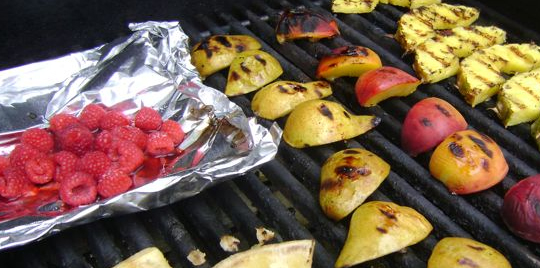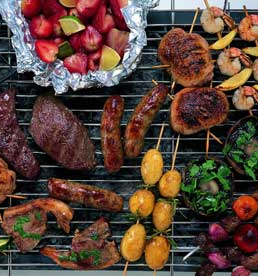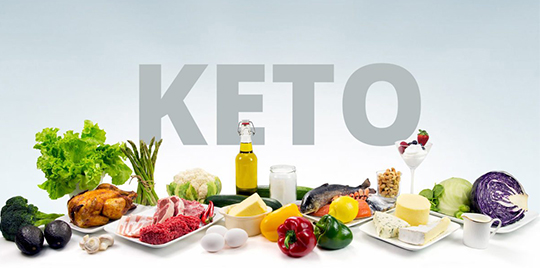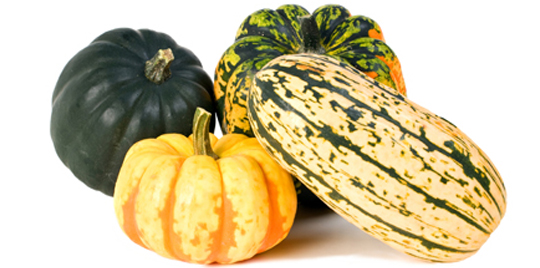3 Summer Grilling Tips to Reduce Your Cancer Risk
July 1, 2015By: Becky Hager
Categories: Cancer, Live Healthy, Nutrition, Your Wellness

Grilling season is upon us! While grilling food is an enjoyable summer activity, did you know it can also significantly increase your exposure to certain cancer-causing substances? Polycyclic aromatic hydrocarbons (PAHs) are a group of more than 100 different chemicals generated by burning coal, wood and … meat. According to the National Toxicology Program, 15 forms of PAHs are thought to be carcinogens, with exposure linked to lung, liver, and skin cancers. How do the chemicals end up in your meat? Essentially, while the meat cooks fat drippings fall into the flames and form PAHs, which adhere to the meat when the flames come in contact with it.
 But never fear! You don’t have to give up this beloved summer pastime. Three simple steps can help you keep the home fires burning without worry.
But never fear! You don’t have to give up this beloved summer pastime. Three simple steps can help you keep the home fires burning without worry.
Meat Selection
When choosing grill meats, select lean protein options such as poultry or seafood. Lean meats produce fewer PAHs because they drip less fat onto the flames. Not a fan of chicken or seafood? Simply trimming the fat from meats before grilling can also reduce your risk.
Reduce Grill Time
The length of time food is grilled impacts the amount of carcinogens released. Foods grilled for longer periods of time, such as those cooked to well-done, tend to have higher PAH levels. Reducing the grilling time can reduce your exposure to carcinogens. One caveat: If you reduce the grilling time, use a quality food thermometer to make sure your grilled meats reach a safe minimum internal temperature. Otherwise, you run the risk of contracting a food-borne illness such as Salmonella or E. coli.
Grill Fruits and Veggies
When selecting foods to grill, don’t forget your fruits and vegetables. These fat-free foods have short cooking times, won’t drip fats into the flames and can add great flavor to your meat selections. This recipe for grilled fruit kebabs is perfect for a picnic or potluck.
Try these tips the next time you fire up the grill and enjoy the tastes of summer safely.
Looking for more nutrition tips? Check out our Nutrition Counseling services.



